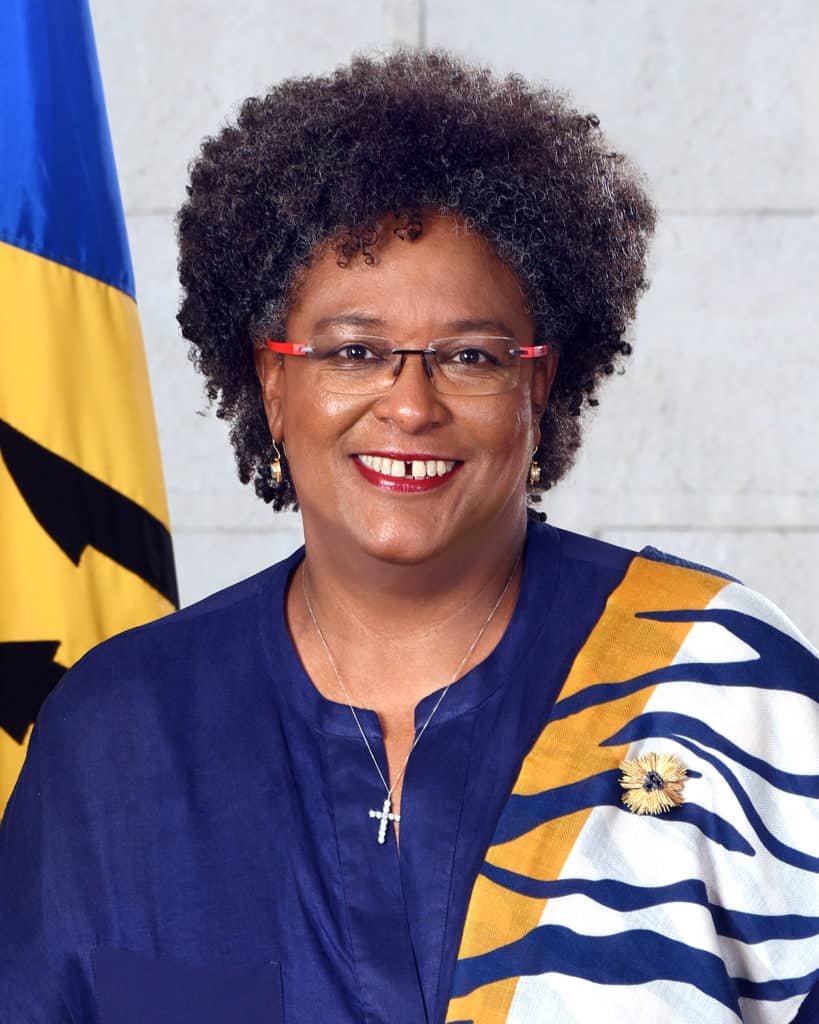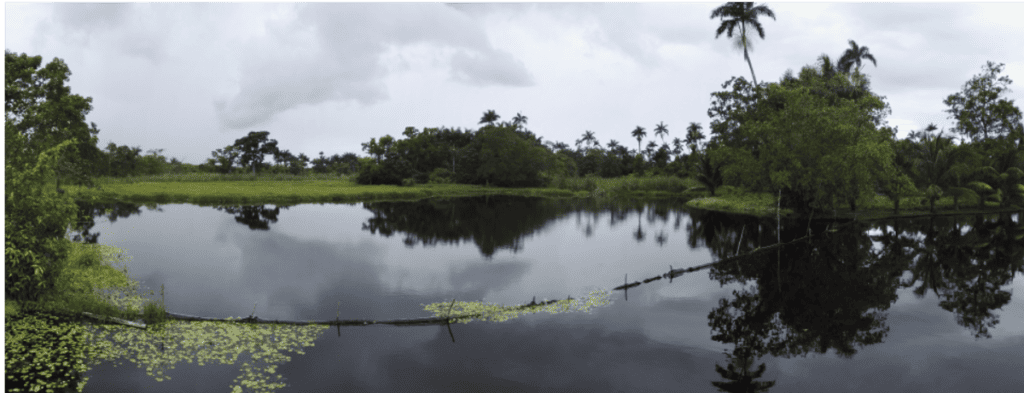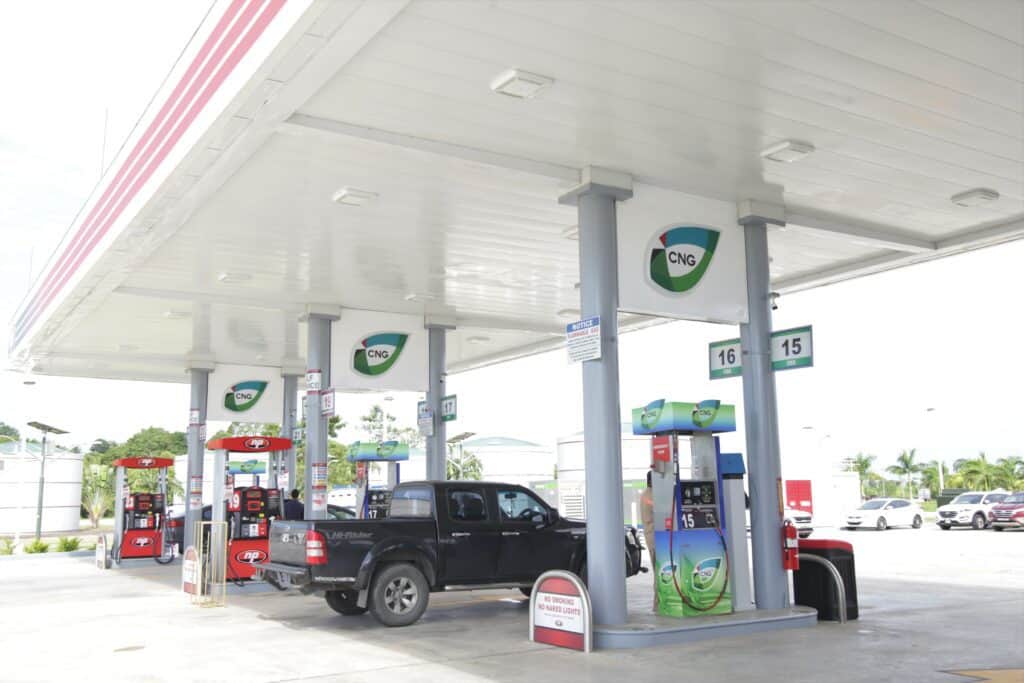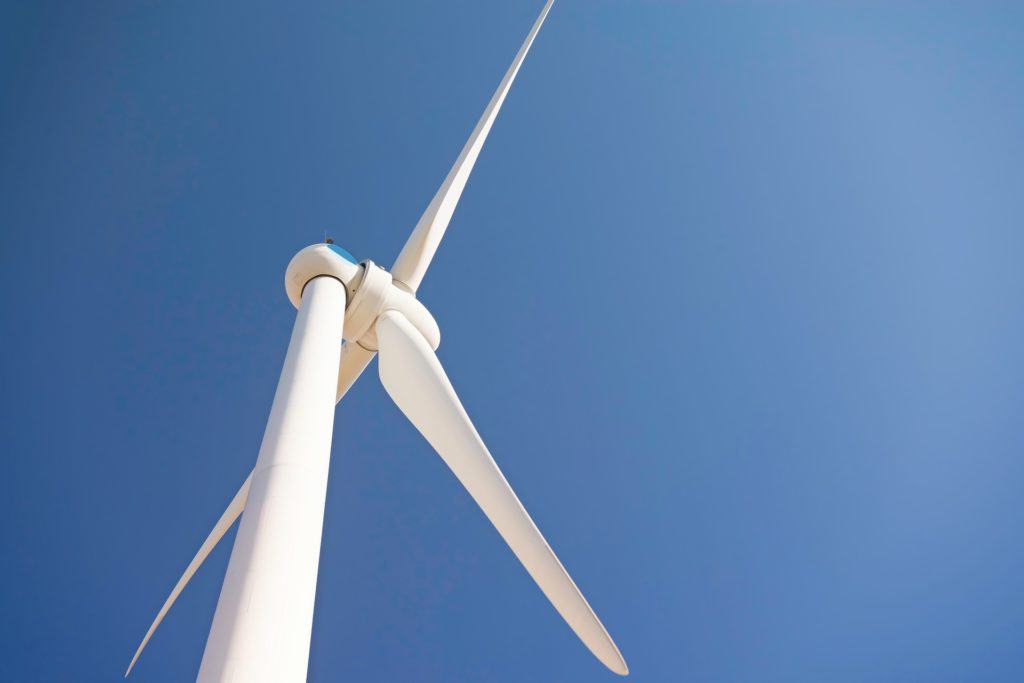Climate financing emerged as the foremost issue at the 2022 United Nations Climate Change Conference (COP27) as small island developing states (SIDs), and other global south countries, called on global north countries to provide more funding for climate mitigation and adaptation strategies.
Speaking at the conference, Barbados’ Prime Minister Mia Mottley urged decision-makers to not only consider new funding mechanisms but also restructure existing global financial systems to assist in resolving the burden of debt countries face as they recover from climate-related disasters.
While the effectiveness of the decisions made at COP27 are subjective, it cannot be ignored that finance plays a key role in addressing matters related to climate change.

Environmental financing and sustainability
Overall, financing is a crucial tool in sustainable development and integrating the principles of sustainability into financial systems can influence how countries and companies view; assets, investments and liabilities towards serving people, the planet, and profit at varying degrees.
Such a move can also encourage investment in clean energy, decarbonisation, energy efficiency and green technology.
The relationship between climate and finance
The relationship between climate change and finance is dynamic and interconnected.
For example, transporting goods from one destination to another requires the use of fuels which incurs a financial cost in the form of paying for fuel and environmental cost in terms of the carbon dioxide released.
But extreme weather events and other environmental changes due to climate change can disrupt transporting goods which results in financial losses.
In both scenarios, there are financial consequences to the cost of doing business which consumers may see reflected in their wallets.

Financing climate mitigation, adaptation and sustainable practices
A report titled Global Landscape of Finance: A Decade of Data 2011-2020 by the Climate Policy Initiative stated global climate finance doubled in value in the last decade (USD 4.8 trillion) and at least USD 4.3 trillion is needed annually until 2030 to avoid climate change’s worst effects.
It added most of the finance allocated for climate adaptation was distributed through public actors like multilateral institutions.
The finance to support climate mitigation and adaptation strategies is largely made accessible to governments, and implementing agencies, through global funds built from donations from global north countries.

Existing global financial systems can contribute towards the need for increased funding.
But as Mottley stated at COP27, the international community must address existing barriers in these systems.
Investing in climate smart practices encourages the production of goods that are sustainable in nature.
Sustainability also enables innovation and competition which is healthy for business as they can justify continued investment in these ventures thus increasing their value.
Caribbean countries work towards green economies
Recently, Trinidad and Tobago has indicated it will continue to work towards “greening” the country’s economy by investing in renewable energy like green hydrogen after decades of reliance on oil and natural gas.
The National Gas Company of Trinidad and Tobago Ltd (NGC), a state-owned energy company, provides natural gas for electricity generation.
In its 2021 sustainability report titled Pivoting to a Sustainable Future, NGC outlined its involvement in renewable energy ventures, waste-to-energy capture from landfills and support for feasibility studies to enable marine vessels to access low-sulfur fuels.

In Belize, agriculture was identified as one of the highly vulnerable sectors to climate change. Recently, the World Bank awarded the country with $25 million dollars to establish the Climate Resilient and Sustainable Agriculture project.
With farmers receiving grants to incorporate climate-smart sustainability practices in food production, the project also aims to combat food insecurity and create resilience throughout the country’s communities.
Looking towards the future
The Climate Policy Initiative’s 2011-2020 report stated the cost of solar photovoltaics dropped by 80 per cent, and the cost of onshore and offshore wind energy dropped by 45 per cent, over the past decade.
As Mottley started her COP27 speech, she said, “We have the collective capacity to transform.”
Empowering adaptation is not impossible but it will require more than just financial commitments from global north countries.

A recent report titled Accessing Climate Finance: Challenges and Opportunities for Small Island Developing States by the United Nations said there is a need for a shift in thinking towards producing long-term adaptation capacity, a need for more data and more access to financial resources.
As COP27 concluded, a pathway to expanded financial access was codified into a new commitment and a loss and damage fund for the most vulnerable countries was created.
The fund will remain a noticeable point of discussion as financial flows are established for it.
But as the process to operationalise the new fund continues, and countries continue to decarbonise , SIDs must focus on building the capacity to accommodate new financial flows.
This story was published with the support of The Cropper Foundation and Climate Tracker’s Caribbean Citizen Climate Journalism Fellowship.





